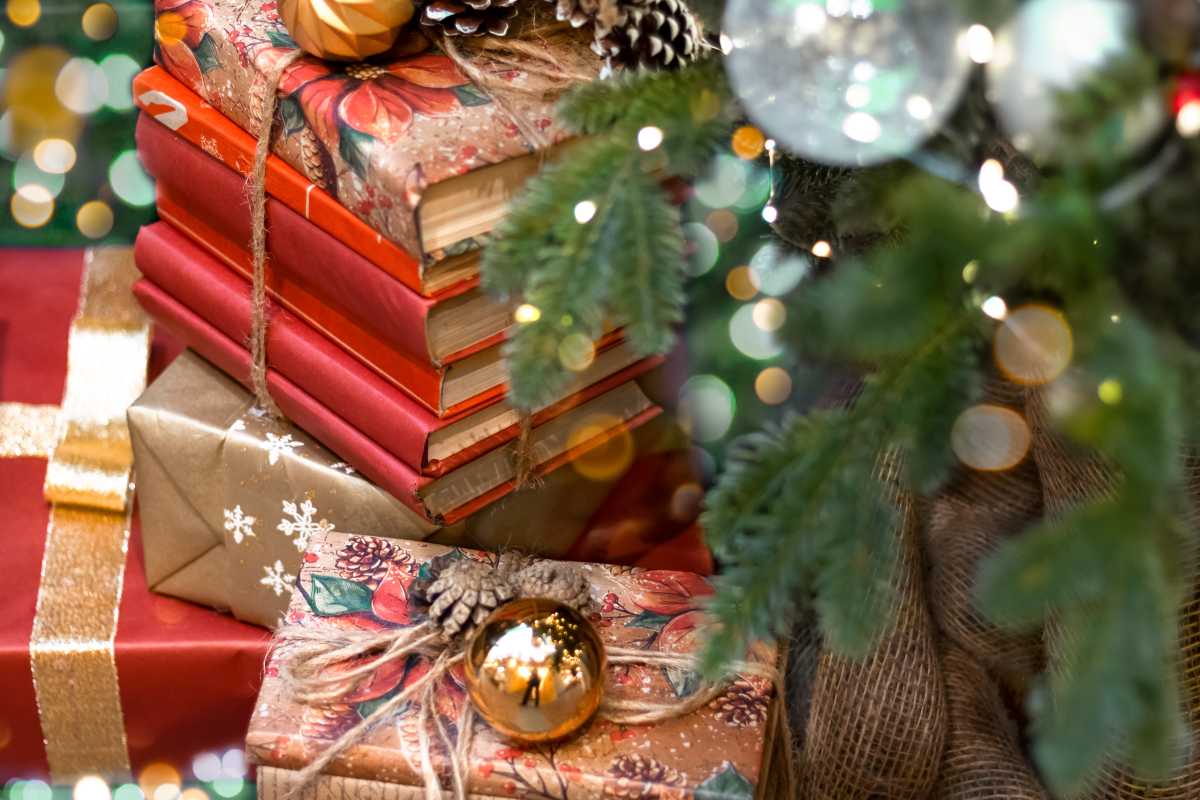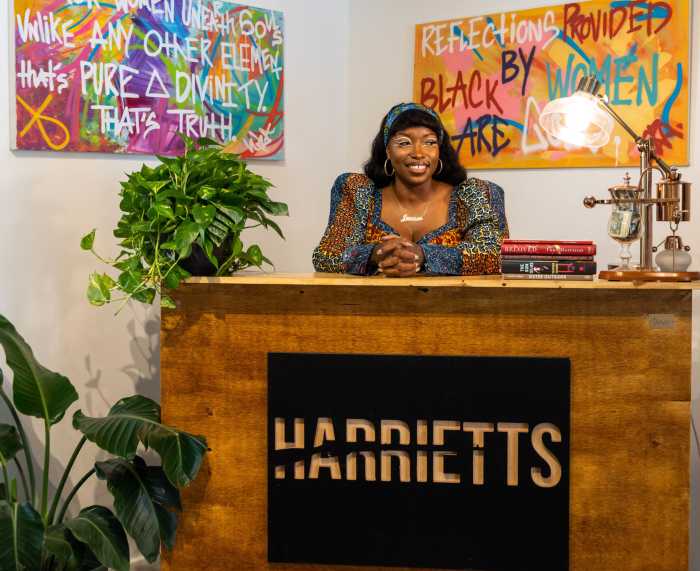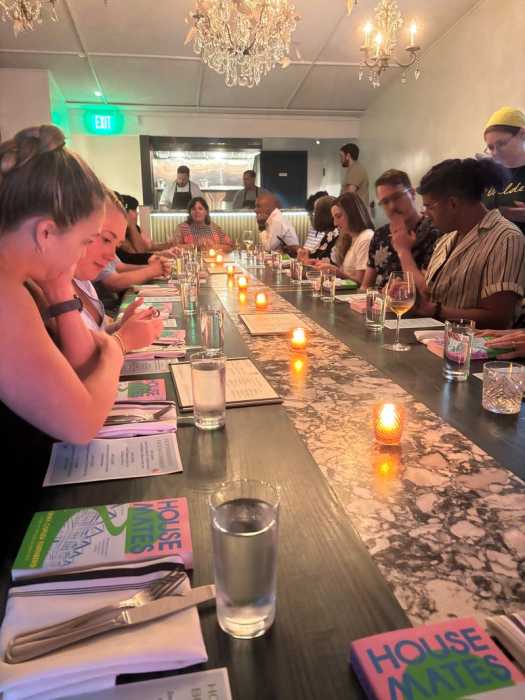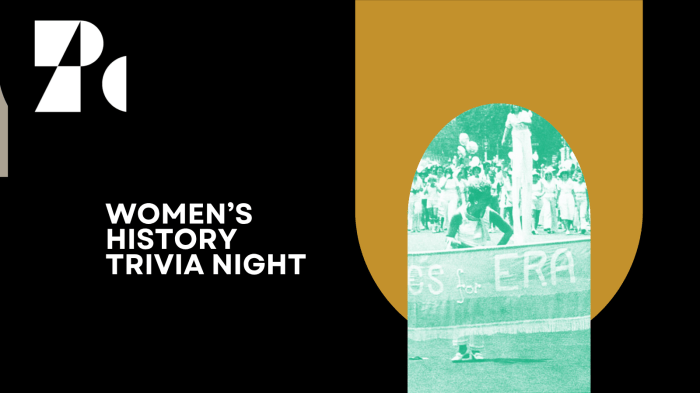Just in time for the holiday season, we’ve invited 30 of our writers, from fields as disparate as wildlife ecology and mathematics to literature and politics, to share their best books of 2024. Of course, best books lists are subjective, relying on what people have read and remembered. But we always love finding out which books lingered for our writers.
This year, the Books & Ideas team set ourselves the hard (but fun) task of picking our own best books, too.
Suzy Freeman-Greene’s best book was Hazzard and Harrower: the letters, edited by Brigitta Olubas and Susan Wyndham (NewSouth): four decades of correspondence between two fiercely intelligent writers as vivid, felt and dramatic as a fine novel. (Honorable mention: Samantha Harvey’s Orbital).
James Ley’s pick was Blue Lard (NY Review Books) by dissident Russian novelist Vladimir Sorokin. It is not for the faint-hearted: a bizarre and baffling mashup of science fiction and alternative history, cut with outrageous grotesquery and irreverent parodies of classic Russian literature. (Honourable mention: Rachel Kushner’s Creation Lake.)
And Jo Case’s best book was Liars (Picador), Sarah Manguso’s electric, vividly poetic fragmented divorce novel (the standout in a fertile 2024 genre): a masterclass in balancing cold precision and blazing emotion. (Honorable mention and close second: Fiona McFarlane’s inventive fictional riff on true crime, Highway 13.)
So whether it’s a thrilling mystery, a heartwarming memoir, or a historical novel, books offer a personal touch, making them the perfect gift to inspire, entertain, and connect. Here are some of our top picks:
‘Cherrywood’ by Jock Serong
There are many ways of reading Jock Serong’s Cherrywood (Fourth Estate), and it helps to know Enid Blyton’s Magic Faraway Tree and the Melbourne suburb of Fitzroy. Regardless, Serong has created a magical world, illuminated by language that is both lyrical and straightforward. Central to the story is the history of a stack of timber, sourced mysteriously from somewhere in the Caucasus, which links two periods of time, divided by 70 years, all flowing together in a wonderful mix of realism and fantasy.
‘Quantum Drama’ by Jim Baggott and John L. Heilbron
I’ve enjoyed several recent books, including Dava Sobel’s fresh retelling of Marie Curie’s story – and my pick, Jim Baggott and John L. Heilbron’s challenging but compelling Quantum Drama: From the Bohr-Einstein Debate to the Riddle of Entanglement (Oxford University Press). This detailed history of quantum theory includes a terrific explanation of the mysterious “Bell inequality” – which enabled experimenters to prove Einstein’s “spooky” concept of entanglement is real – and a fascinating glimpse into key players’ personal, political and philosophical responses to their bizarre quantum discoveries.

‘A Matter of Taste’ by Lauren Samuelsson
Lauren Samuelsson’s witty, illuminating history of the Australian Women’s Weekly’s food pages A Matter of Taste (Monash University Publishing) reveals their influence on how Australians cooked, ate and entertained in the 20th century. It’s also a fascinating account of changing gender roles: food was largely women’s domestic responsibility and could be a chore, but also provided a space of creativity. This is a view of Australia’s past from the kitchen bench, rather than the driver’s seat of the family car. I’ll bet your mom would love it for Christmas.
‘The Sunbird’ by Sara Haddad
The Sunbird by Sara Haddad (University of Queensland Press) is a short book, a novella, designed to be read in one sitting. It was written after the Gaza war commenced and conveys an urgency to tell the Palestinian story. It focuses on Nabila Yasmeen, a Palestinian woman who lives in Australia because she was exiled from her native Palestine during the 1948 Nakba. The Sunbird jumps across time (1948 and 2023) and space (Palestine and Australia) to capture Nabila’s ongoing displacement and her relentless desire to go home.
‘The Anxious Generation’ by Jonathan Haidt
Jonathan Haidt’s The Anxious Generation (Allen Lane) makes two key claims. First, the kids are not alright: compared to earlier generations, Gen Z has almost twice the chance of serious mental health disorders and related episodes. Second, a major cause is the smartphone. Problems arise not only from what happens on smartphones, but what doesn’t happen. Children need unsupervised play, physical risk-taking and relationships with actual peers. Haidt recommends social media be banned for those under 16, but he also urges parents to recognize that social media is not the only source of teenage mental health concerns.
‘The Distaste of the Earth’ by Kynpham Sing Nongkynrih
In The Distaste of the Earth (Penguin India), Kynpham Sing Nongkynrih, author of Funeral Nights (2021), continues his fabulist storytelling about mythic archetypes, against the backdrop of his beloved Khasi Hills rainforests. Subverting the tragic star-crossed lovers folktale of Manik Raitong the Wretched and Khasi Queen Liang Makaw, Nongkynrih extends oral storytelling traditions to create an utterly irreverential narrative. Part poetry, part philosophy and part critique, this is a fascinating glimpse into a world weary of humankind and wise in its Aesop-like vision of our contemporary moment.
‘Patriot’ by Alexei Navalny
I don’t usually pick up memoirs by those who know they’re about to die – they’re unbearably sad. But Alexei Navalny’s Patriot (Bodley Head) is a darkly comedic exception. Surviving a Federal Security Service (FSB) assassination attempt, Navalny returned to Russia to defy Vladimir Putin, knowing the Kremlin wouldn’t let him go. They didn’t. Written from prison, ‘Patriot’ immortalizes his unshakeable hope for a “beautiful Russia”. With sharp wit and boundless courage, Navalny’s story transcends borders, reminding us of the enduring power of resistance. His voice and vision live on.
‘Children in Tactical Gear’ by Peter Mishler
My discovery of 2024 was Children in Tactical Gear (University of Iowa Press) by Peter Mishler, winner of the Iowa Poetry Prize. It’s a technicolor nightmare of whiteboards and bullets, plastic and product placement. Mainly free verse, there are moments of fixed rhyme and metre – which I usually hate. But I love this: “he stands with me, / barefoot, in a whirlpool / of trash, my dark hair collecting / ballistic ash.” The collection is a bleak, pitiless vision of corporate, consumerist America. It would make a perfect Christmas gift.
‘Dirrayawadha’ by Anita Heiss
One favorite pick for 2024 is Anita Heiss’ Dirrayawadha (Simon & Schuster Australia), a groundbreaking Wiradyuri nation historical novel set at the time of Wiradyuri–colonial contact in rural New South Wales. This book is a reminder to Australia of the truth-telling needed to wipe away the historical colonial amnesia narratives curated to make Aboriginal people invisible – nullius. This book invites deep listening to a Wiradyuri and Australian story, carrying forward resilience, memory and country.
‘On the Couch’ by Andrew Blauner
Eighty-five years after his death, is there anything left to say about Freud? Andrew Blauner’s fine collection On the Couch: Writers Analyse Sigmund Freud (Princeton University Press) answers an emphatic yes. A dream-team of leading writers consider subjects ranging from Freud’s first scientific paper (on eel testicles) to the shadowy figure of his wife Martha, and his love of dogs. The book offers lucid, deeply personal reflections on the complicated legacies of psychoanalysis. Is it a failed system, a model of radical doubt, or a humanizing corrective to a culture of shallowness and artificiality?
For a complete list of Best Books of 2024, visit theconversation.com




























